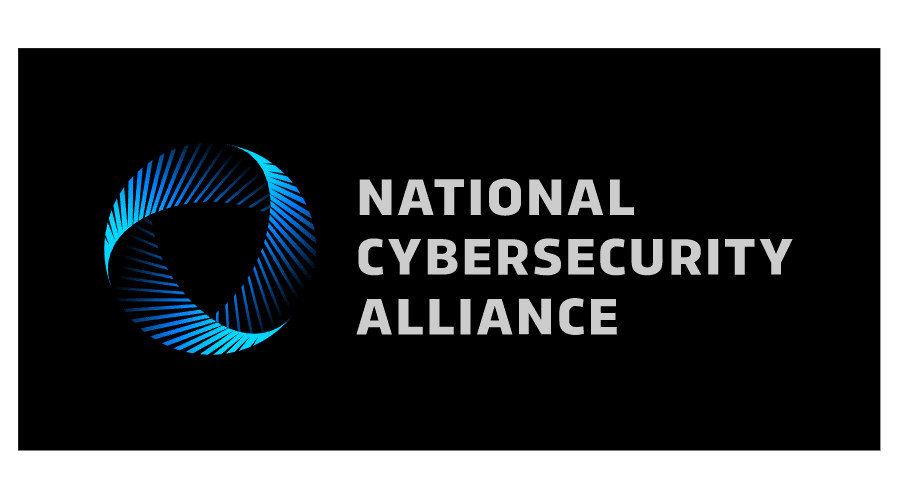![]()
Living in a digital world can be difficult for students today. There is a lot to deal with online - cyberbullies, privacy settings, ID theft, sexting, social media, and plagiarism. Below you will find resources to help you navigate the digital world and protect yourself, your reputation, and your personal information while using the Internet and apps.
National Cybersecurity Alliance--Practical Advice for Managing Privacy Settings on the Tools You Use Most
10 Online Safety Tips for Gaming
Teen Voices: Oversharing and Your Digital Footprint (Tattoo)
Many middle school students are already posting and sharing information about themselves -- and others -- on social media. But in a world where oversharing might seem like the norm, it’s important for kids to think about their digital footprints. In this video, your students can hear what other teens have to say about sharing on social media, then think critically about the decisions they’re making any time they post something online. (Commonsense.org)
"Get to know me" Trend on Social Media Leads to Digital Oversharing
Are You a Digital Citizen?
Are you using the Internet and Apps safely and responsibly? Use the following checklist to be sure you are:
 I do not do anything that hurts others or is illegal.
I do not do anything that hurts others or is illegal. I do not give out any personal information such as phone number, email, address without my parents’ permission.
I do not give out any personal information such as phone number, email, address without my parents’ permission. I never agree to get together with someone I “meet” online without first checking with my parents.
I never agree to get together with someone I “meet” online without first checking with my parents. I don't respond to any messages that are mean or in any way make me feel uncomfortable. Instead, I tell my parent or teacher.
I don't respond to any messages that are mean or in any way make me feel uncomfortable. Instead, I tell my parent or teacher. I always talk with my parents before posting pictures of myself or my family online to be sure it is appropriate.
I always talk with my parents before posting pictures of myself or my family online to be sure it is appropriate. I only share my passwords with my parents and NO ONE else.
I only share my passwords with my parents and NO ONE else.  I always check with my parents before downloading or installing anything on your computer or mobile device so we protect our privacy.
I always check with my parents before downloading or installing anything on your computer or mobile device so we protect our privacy. I never open an email or message from a stranger as it may contain a virus that could harm your computer or mobile
I never open an email or message from a stranger as it may contain a virus that could harm your computer or mobile

